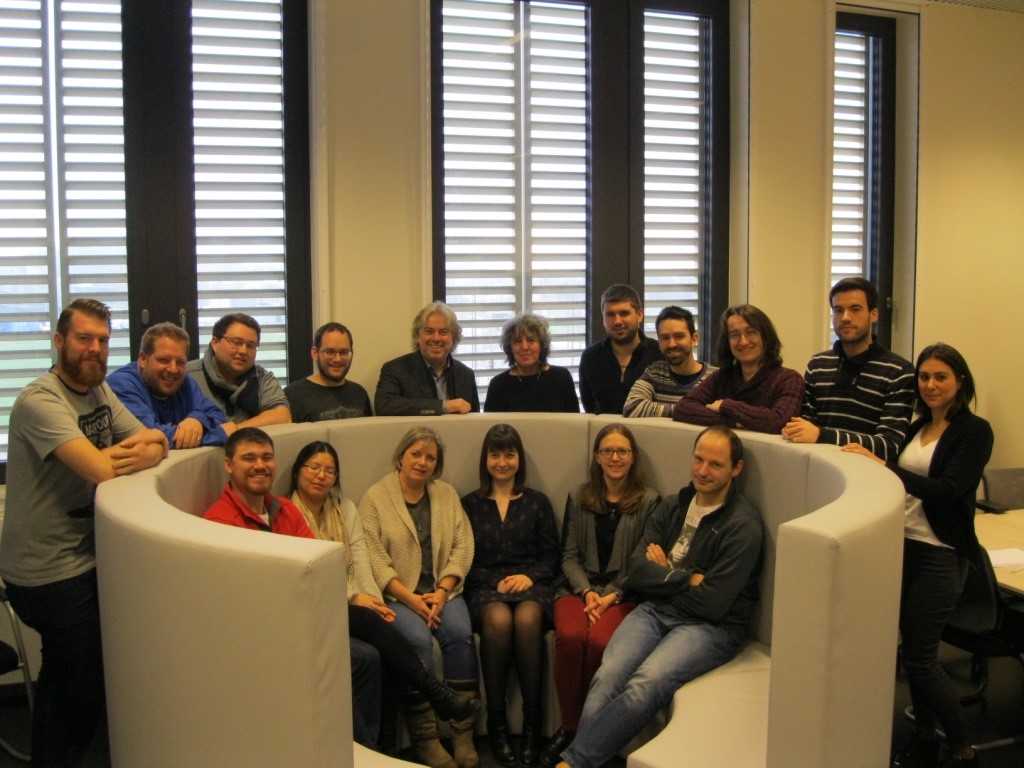Welcome to the virtual exhibition on narrating World War II in Luxembourg and the Greater Region through oral history interviews. This exhibition has been curated by the students of the Master in Contemporary European History in the context of a research seminar on oral history and under the supervision of Prof. Andreas Fickers and German filmmaker Loretta Walz.
There is no such thing as the Luxembourgish experience of World War II. On the contrary, every single witness has their own story and our project aims to illustrate the richness of these records.
On the basis of 102 life-story interviews with contemporary witnesses to World War II in Luxembourg and the Greater Region which were conducted by Loretta Walz on behalf of the University of Luxembourg in the context of the research project Partizip 2, funded by the Fonds National de la Recherche (FNR), the project presents four 10-minute long audio-visual narratives adopting four different approaches.
- D’Schüler aus dem Iechternacher Lycée. Vum Generalstreik zur Ëmerzéiung (31.08.1942 – 12.12.1942) explores how three young students of the Lycée classique d’Echternach participated in the general strike against the Nazi-regime in 1942 and were sent to the re-education camp of Stahleck in Germany.
- Stunde Null in Luxemburg? Zwischen Zusammenbruch und Wiederaufbruchsstimmung focusses on how the witnesses experienced the immediate after-war period, the ‘Stunde Null’.
- The Myth of Resistance on a national level in Luxembourg adopts a critical view on the commonly accepted assumption that all of the Luxembourgish population resisted the Naziregime.
- Die Normalität des Anormalen. Darstellungen des Kriegsgefangenenlagers Nr. 188 bei Tambow analyses the moments of normality in a deeply abnormal environment, namely the prisoner of war camp near Tambow.
We invite you to explore these alternative narratives on World War II:
This project would have been impossible to realize without the support of the team of the Media Lab of FLSHASE / UL and in particular Sascha Helsper and Roland Hensel. We would especially like to express our gratitude to Loretta Walz whose advice and practical guidance during several workshops spread over three semesters has been invaluable for this project’s success. We are therefore delighted that Loretta Walz has kindly accepted to write down a few thoughts and ideas about this project and the value of oral history interviews.
We would like you to join us in looking through the lens and we hope you enjoy the virtual exhibition!

Author : Aurélia Lafontaine
